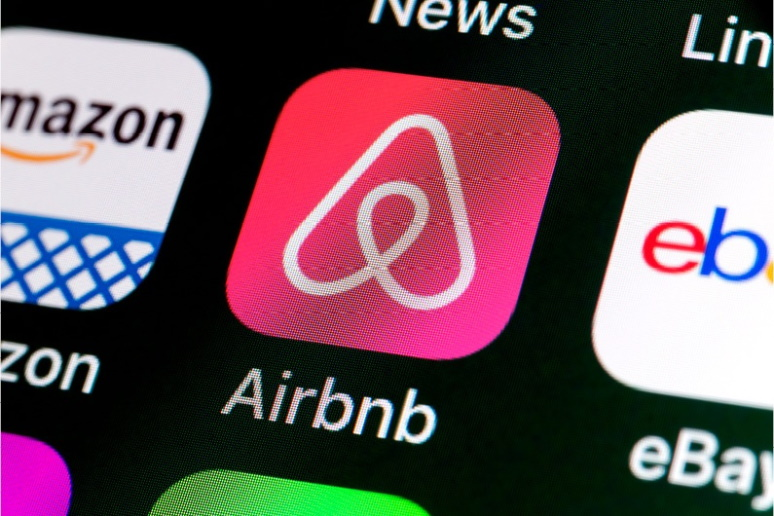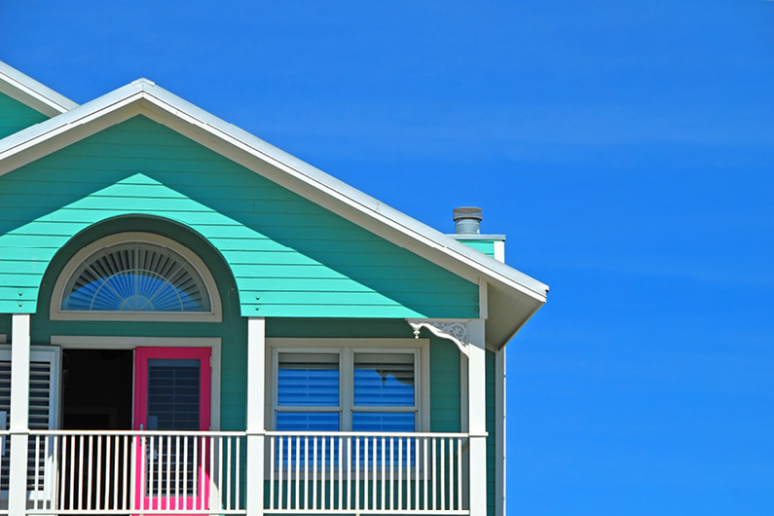The Airbnb platform facilitates transactions between hosts and travelers in search of short-term rentals, attracting new hosts with the prospect of supplemental income. The peer-to-peer rental community uses technology to empower property owners to monetize their living space and provide travelers with an alternative to traditional hotels. But as with any new industry, questions have arisen about the legality of Airbnb and other short-term rental platforms.
If you were to sign up as an Airbnb host, you would join the ranks of 150 million users worldwide in 81,000 cities (and growing). However, it takes more than endowing your space with fluffy pillows, new sheets, and posting inviting photographs online to be a success, as any super host will tell you. Similar to any other business venture, Airbnb hosts should consider both legal and business tacks to ensure a positive outcome. Read on to learn how to protect yourself legally when renting on Airbnb.
Know your local zoning ordinances
Before listing your property, be sure to investigate local zoning ordinances specifically for restrictions on short-term rentals, as laws vary from city to city. Some municipalities have strict regulations about the length of a rental. New York City, for example, has made stays of less than 30 days illegal unless the owner is present. Other locales may prohibit short-term rentals altogether without a license to operate as a bed and breakfast.
If you have a landlord, condo association, or HOA, check existing bylaws for approvals or restrictions which may limit the length of guest visits or prohibit them altogether. “It’s also important to note that an association can vote to change those regulations at any time,” advises Cory Rutz, an attorney with Otten Johnson Robinson Neff + Ragonetti PC in Denver, Colorado.
Laws regarding earned income and taxation also vary from jurisdiction to jurisdiction. Find out what your local laws require.
Protect yourself with proper liability coverage
You will also want to protect yourself and your property from potential lawsuits. Premise liability law is a subset of personal injury law and states property owners “have a duty to lawful guests on their property to remove hazards that may cause an injury.” If the sidewalk leading to the apartment for rent is missing a few bricks and a guest takes a fall, liability may land in your lap under the guise of a premise liability claim. Additionally, you will want coverage for your personal belongings, and any damage to the building, etc.
According to Rutz, “Most homeowner insurance companies have started to offer special policies or add-on policies that are specific to short-term rentals. There’s a bit of case law split among jurisdictions regarding whether a short-term rental is ‘residential’ in nature, and therefore covered under an existing policy, or more ‘commercial’ and therefore excluded.” Your insurance agent can tell you if your homeowner’s policy has an exclusion for rental business activities. If so, commercial insurance on top of homeowner’s is an option, albeit an expensive one.
For an added layer of protection, Rutz recommends ensuring that nothing in your policy is negated by Airbnb’s exisiting coverage:
- Airbnb Host Protection Insurance
Available to hosts in the United States, this policy protects against third party liability claims up to $1 million. Landlords filing a claim against a host for property damage, or guests filing personal injury claims against hosts are both covered. The policy covers the building itself, not your personal property within, such as art, electronics, etc. Other exclusions apply. You pay for this policy as you would a homeowner’s policy.
- Airbnb Host Guarantee
Airbnb promises to compensate hosts for up to $1 million for any property damaged or destroyed by an Airbnb guest. This is free to all hosts. Note, this is not an insurance product nor is it intended to replace homeowner’s or renter’s insurance. The Host Guarantee is limited to the unit you list with Airbnb. If a guest were to damage the lobby of your apartment building, the unit below yours, or any area outside of the walls of the space you list on Airbnb’s platform, property damage coverage would be null.
- Airbnb Security Deposits
Hosts have the option of collecting a security deposit when a guest signs up for their listing. If property is damaged the host may file a claim with Airbnb and receive according compensation.
- Airbnb’s Terms of Service
As a host, you must sign Airbnb’s disclaimer. Make sure you read the fine print!
Stay informed on current legal developments
Even if your locality currently permits short-term rentals, recent legal battles suggest this could change at any time. You didn’t think for a minute that the hotel industry would take Airbnb’s encroachment into their $1.1 trillion industry lying down on a bed at the Ritz, right?
The under-the-radar political lobbying began in 2016 by the American Hotel and Lodging Association who backed the Federal Trade Commission’s efforts. The claim against Airbnb was its negative impact on local housing prices (reduction in housing supply for long-terms tenants causing an increase in housing prices), and depicted hosts as illegal hotel operators who avoided paying taxes or abiding by the same regulations hotels must adhere to in terms of health and safety. The outcome: Kiss your hosting income on Manhattan’s Upper West Side this New Year’s Eve buh-bye! Other cities with strict policies include Santa Monica, San Francisco, Paris, Barcelona, and Amsterdam.
When to seek the help of a lawyer
In some situations, hosts and guests may face lawsuits, and it is advisable to get an attorney. Airbnb hosts can be sued by renters for denying them lodging on the basis of race and ethnicity. You can also be sued by your landlord if you are a tenant with a lease containing a no sublet clause but are still renting out your space on Airbnb.
Moreover, as previously mentioned, you can also face legal action if you are utilizing Airbnb in a municipality that prohibits it, as well as if you damage property in the space you are renting. You should get legal advice before posting on Airbnb if you have any questions about local regulations governing Airbnb use, and if possible, definitely get an attorney if you are facing any legal action stemming from an Airbnb rental.
 By Kate Lynch,
By Kate Lynch, 

